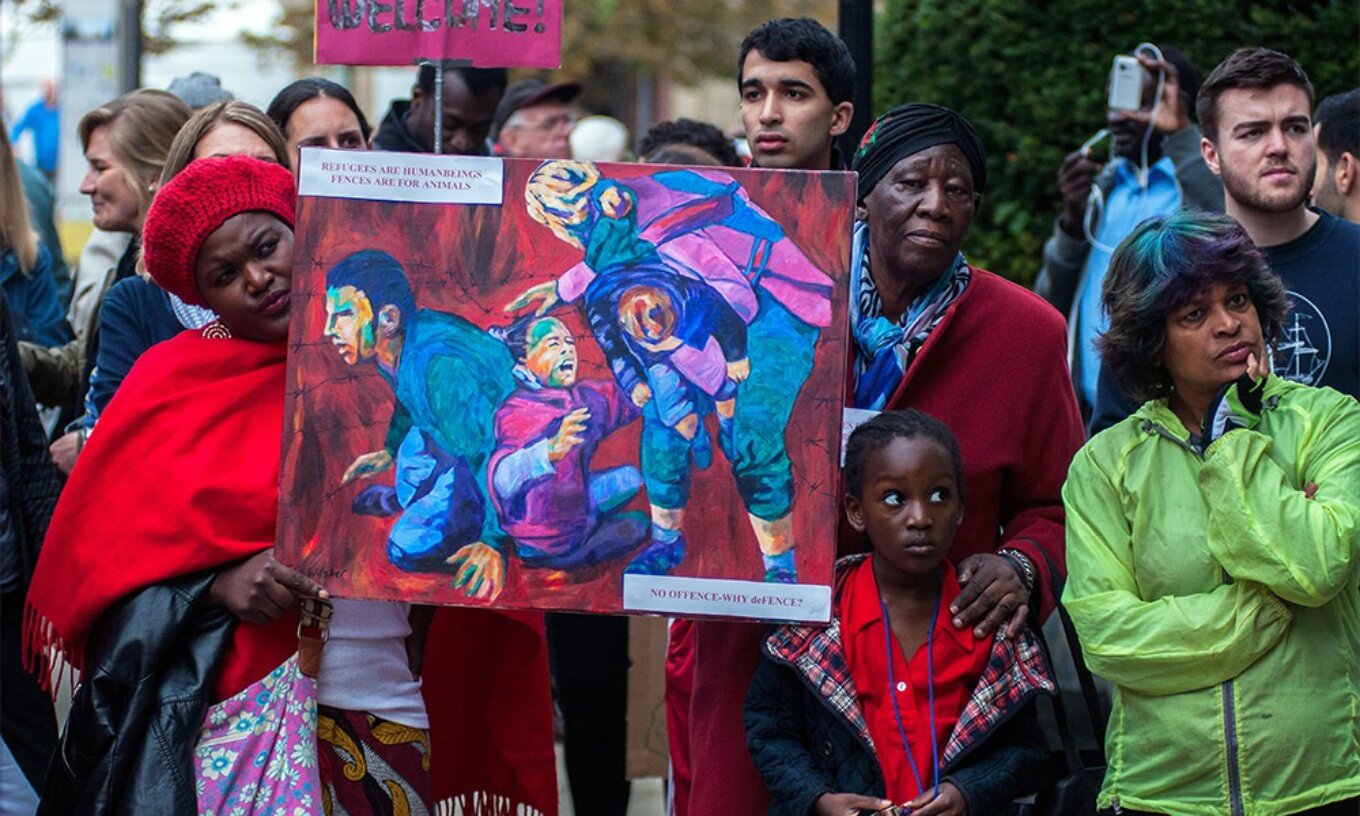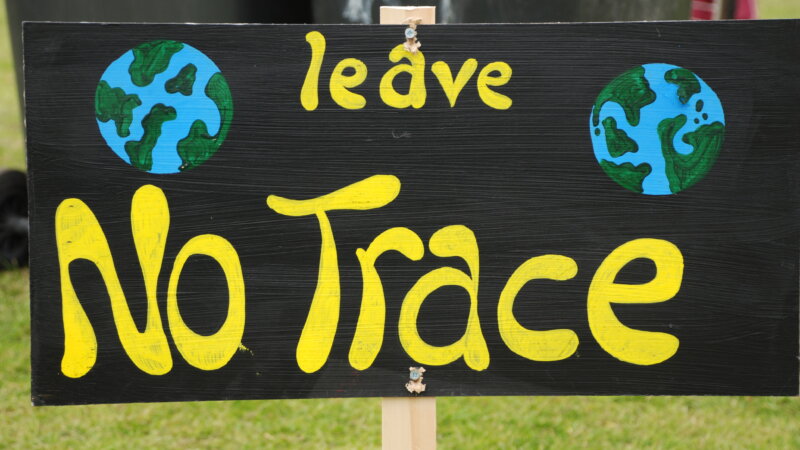The Asylum Market: Where Failure Wins Contracts

In 2012 there was an auction, but one where the winners were those who put in the lowest bids. The prize was the biggest ever Home Office contract, worth up to £1.7 billion over five years. The contract was to house people seeking asylum, while they pursue their claims to be recognised as refugees.
In Yorkshire and Humberside the security company G4S won the contract, despite having no experience in housing - unless you count detention centres and children's prisons. Famous for its toxic mix of incompetence and heavy-handedness as a public service privatiser, G4S lost the contract to deport asylum seekers after the death of Jimmy Mubenga, a refugee in G4S custody on a forced deportation flight in 2010.
The losers were asylum tenants housed in rat and cockroach-infested slums, subjected to tagging, curfews and a lack of privacy. Paid by numbers of asylum tenants housed, G4S often force people to share box rooms with strangers. They're 'dispersed', the official term, to areas with the cheapest housing, often ex-industrial areas like ours, where austerity and deprivation already strain communities.
Asylum tenant, Cha Matty, previously a housing manager, explained: "They simply want to make profits out of us. They show us no respect." Benjamin, a parasitologist from West Africa, was able to tell G4S exactly which types of poison to use to kill the varieties of insects infesting his home. Their brave testimonies - eviction could mean deportation - led to the Public Accounts Committee describing asylum housing as "unacceptably poor", while the National Audit Office condemned it as "sub-standard".
Despite repeated evidence of failure, in December 2016 the Government quietly extended the asylum housing contract until 2019. In January 2017 another Parliamentary report, headlined "Asylum accommodation is a disgrace", recommended the current contract be "replaced" and condemned the Home Office's lack of oversight on what G4S et al do with our money.
The 'refugee crisis' is a business opportunity for some
Then, filmed evidence: The Asylum Market, a documentary shot largely in Sheffield, the first City of Sanctuary. Named after a G4S statement that the company's "priority was to make a return for G4S shareholders in the asylum market", it shows first-person testimonies from asylum seekers threatened by G4S with interference in asylum claims if they report bad housing.
It was difficult finding asylum tenants willing to appear in the film. "If you complain it will backfire," G4S told one. The film was due to be shown on the BBC's Victoria Derbyshire show on 31 January, coinciding with the latest damning Parliamentary report on asylum housing. Detailed discussions with G4S and the BBC established there were no legal problems. Then, after intense G4S lobbying, the BBC pulled the film and cancelled its invitation for a local refugee housing rights witness and SYMAAG activist to appear on the programme. A sudden lack of space in the studio, apparently.
The 'refugee crisis' is a business opportunity for some. By outsourcing the building of walls, detention centres, surveillance, asylum housing and even refugee advice services, governments outsource their responsibilities under longstanding international agreements. With Government immigration policy guided by a desire to deter people from seeking asylum in the UK, perhaps G4S are being paid by results.
Asylum seekers are used as guinea pigs for repression and ways to profit from it. Compulsory ID cards, benefits paid in vouchers, indefinite detention without charge, 'Britishness' tests, and no-choice slum housing are all a reality for people seeking asylum in the UK. As one asylum tenant told us in 2012, "We don't want a prison guard as a landlord." Would you?
Stuart Crosthwaite is Secretary of South Yorkshire Migration and Asylum Action Group (SYMAAG).
There's lots of ways you can welcome refugees to Sheffield: teach English, befriend, train to advise, set up refugee football teams, campaign for change.






